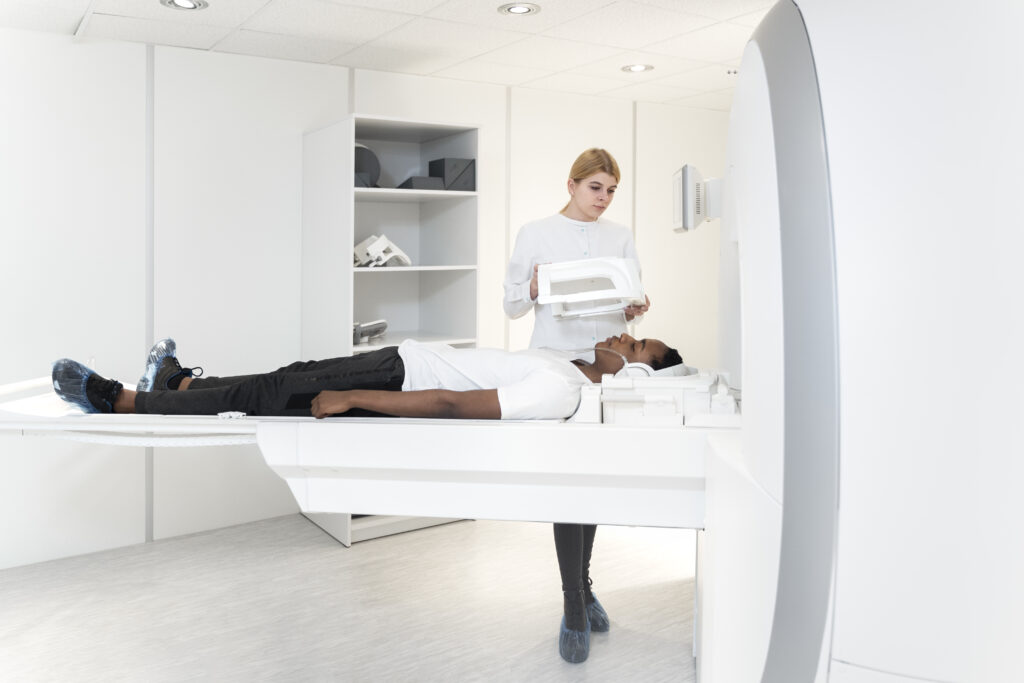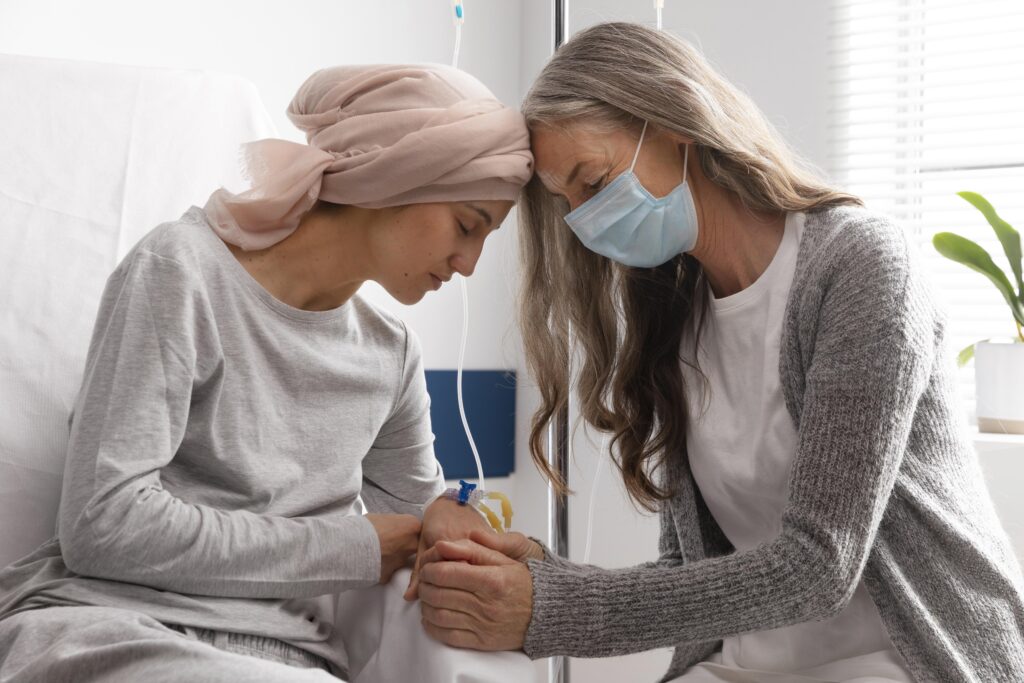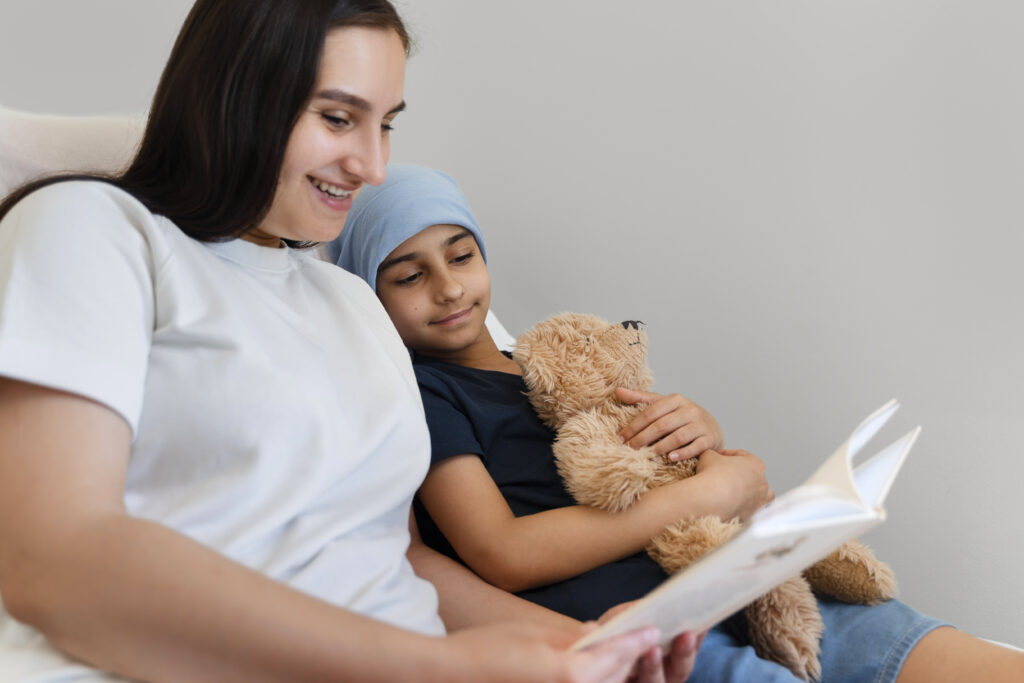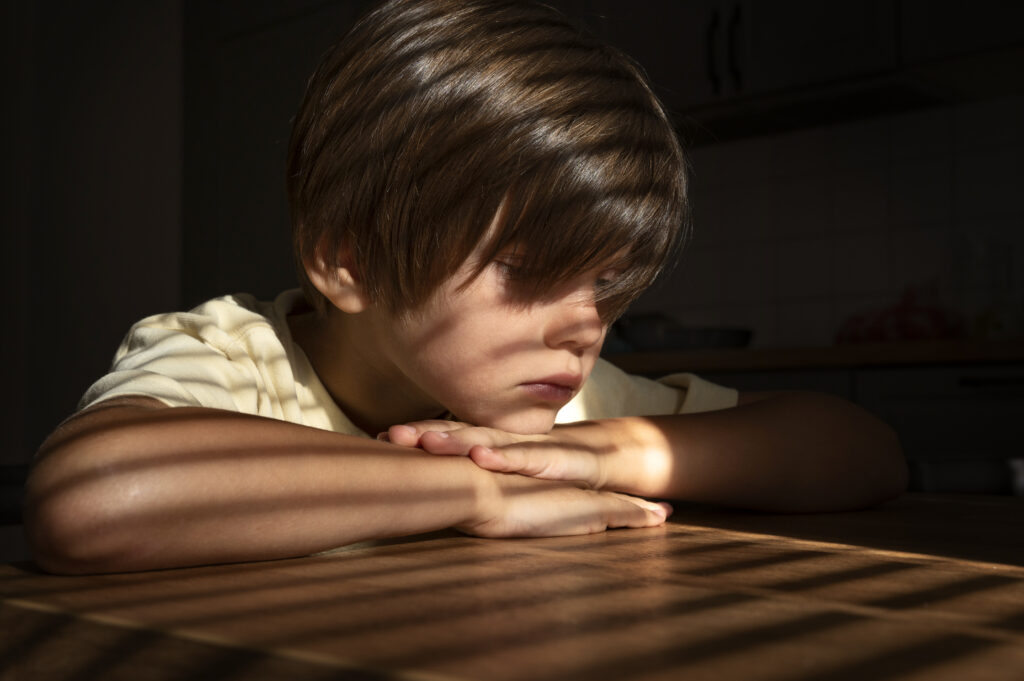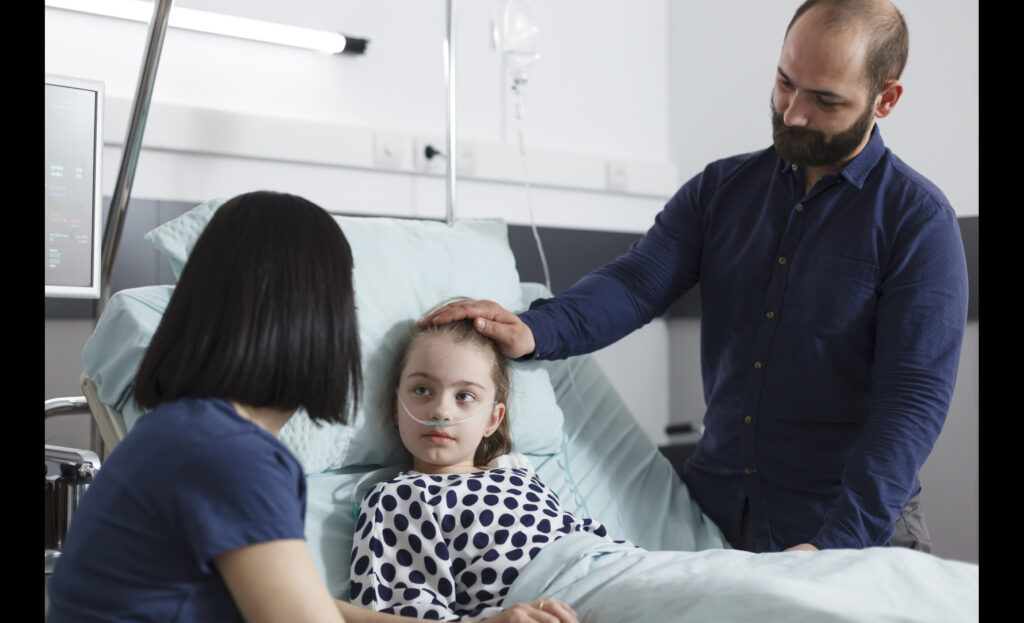Last week, we discussed the journey to normalcy and the importance of ongoing care after completing your radiation therapy. However, the transition into post-treatment life often brings an array of emotions that can feel overwhelming. Breast cancer treatment is not just a physical battle; it takes a significant emotional and psychological toll as well. Acknowledging and addressing these emotional challenges is a vital part of the healing process.
Many breast cancer patients experience a spectrum of emotions during and after treatment. Anxiety about treatment outcomes, fear of recurrence, sadness over physical changes, and feelings of isolation are all common. These emotions are natural responses to a life-altering diagnosis and intensive treatment regimen. According to the American Cancer Society, recognizing and normalizing these feelings can be an empowering step toward recovery. Understanding that you are not alone in these experiences can help reduce the stigma around seeking support.
One of the most effective ways to manage the psychological effects of cancer treatment is by working with a mental health professional. Therapists, counselors, and psychologists trained in oncology-related care can provide a safe space to process your emotions. They also equip you with tools to handle fear, uncertainty, and stress. Techniques like cognitive-behavioral therapy (CBT) can help reframe negative thoughts and foster a more positive outlook. Even short-term counseling can significantly improve your mental well-being.
Mindfulness practices such as meditation, yoga, or progressive muscle relaxation are additional strategies that help manage emotional stress. These techniques are backed by evidence suggesting their ability to reduce anxiety and enhance mood. For instance, deep breathing exercises can provide immediate relief from stress, while mindfulness meditation fosters a long-term sense of calm and emotional resilience. Many cancer centers offer classes or resources on these practices, allowing patients to incorporate them seamlessly into their routines.
Another invaluable resource is connecting with others through support groups. Whether in person or online, these groups provide a sense of community and shared understanding. Meeting individuals who have faced similar challenges offers comfort and helps combat feelings of loneliness. The sense of belonging that emerges from these connections can play a critical role in emotional recovery.
If reaching out to a group feels overwhelming, consider starting with a trusted friend or family member. Sharing your journey, even in small steps, can help build a support network that reinforces your strength during tough times. Remember that seeking help is a sign of courage, not weakness. Organizations like the Cancer Support Community or Breastcancer.org provide directories of local and virtual support groups tailored to your needs.
Finally, maintaining a balance between focusing on your emotional needs and celebrating milestones in your recovery can provide hope and motivation. Journaling, engaging in creative activities, or even planning small celebrations for completing milestones in your treatment can bring positivity into your life. Emotional healing is a process, and it’s okay to take it one day at a time.
As we move forward we’ll explore how psychological support provided by mental health professionals can further enhance your recovery. From individual therapy to family counseling, these resources offer critical tools to manage the emotional complexities of your cancer journey.



